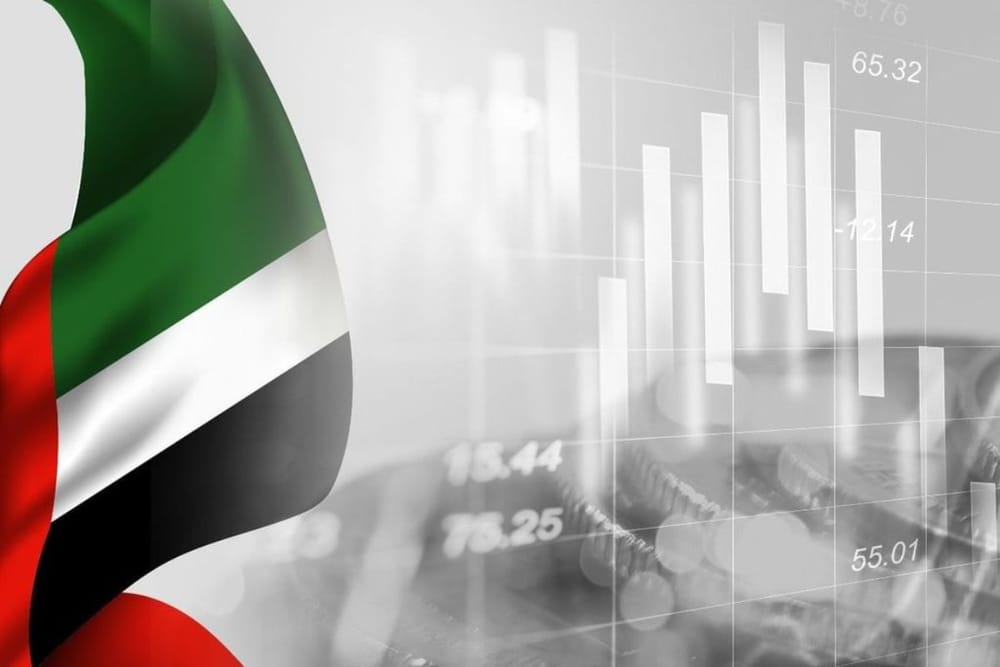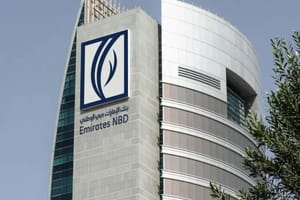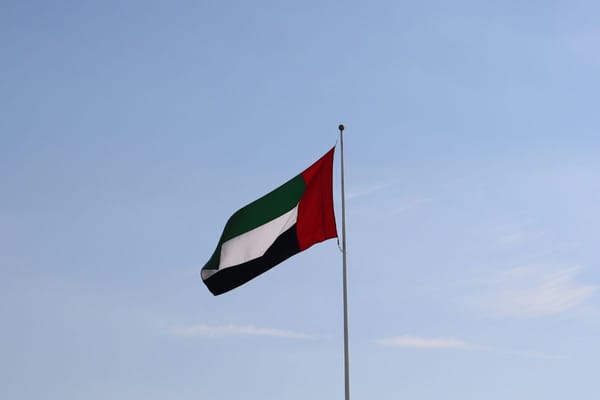The UAE's Islamic finance sector continues to experience significant growth, underpinned by robust economic policies, advanced regulatory frameworks, and a commitment to sustainability. Since the establishment of the first Islamic bank in 1975, the sector has evolved into a vital component of the national economy, encompassing Islamic banks, sukuk (Islamic bonds), and Islamic windows within conventional banks.
The UAE ranks among the top three global Islamic economies, securing fourth place worldwide in Islamic financial markets by assets, as per the 2023 Islamic Finance Development Indicator (IFDI). As of Q3 2024, Islamic banks accounted for 22% of total banking credit, with investments reaching AED 152.3 billion. The sukuk market also demonstrates robust growth, with Islamic bonds making up 20% of total UAE debt issuances, valued at $294.4 billion by September 2024.
The introduction of dirham-denominated Islamic Treasury Sukuk and the issuance of Green Sukuk since 2019 have positioned the UAE as a global leader in sustainable Islamic financing. The country ranks first regionally and second globally for outstanding sustainability Sukuk, reflecting its alignment with sustainability principles.
COP28 in the UAE further underscored the synergy between Islamic finance and sustainability, spotlighting its role in advancing sustainable development goals. Fitch Ratings projects faster growth for Islamic banks compared to their conventional counterparts, with sustainability strategies already implemented by 79% of UAE Islamic banks.
Dubai also leads in global sukuk listings, with Nasdaq Dubai reporting a total sukuk value of $98.9 billion in December 2024. Strategic initiatives, coupled with strong non-oil economic performance, are expected to drive continued growth, cementing the UAE's position as a global hub for Islamic finance and sustainability.
News Source: Emirates News Agency









